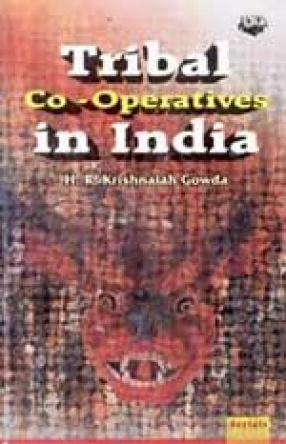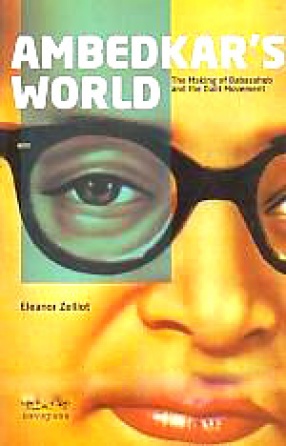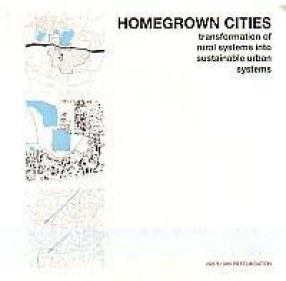Co-operation is a wonderful idea and subject. Co-operative movement in India has a record of almost hundred years. Both as a popular movement and as a business proposition, it has seen may upheavals during its existence. Organisation and evaluation of Co-operative institutions to look after exclusively of tribal people in India is a little over a quarter century old. These institutions are established to cater to the economic needs of tribal people. They owe their organisation mainly to the K.S. Bawa Committee report, 1973. These institutions are multi-purpose with their main thrust on collection and sale of minor forest produces. The book analyses in depth the structure, organization, working, successes and failures of tribal co-operatives in Indian in general and in Karnataka State in particular.
Tribal Co-Operatives in India
In stock
Free & Quick Delivery Worldwide
reviews
Bibliographic information
Title
Tribal Co-Operatives in India
Author
Edition
1st ed.
Publisher
ISBN
8186771182
Length
xvi+240p., Figures; Tables; References; Bibliography; 23cm.
Subjects





There are no reviews yet.